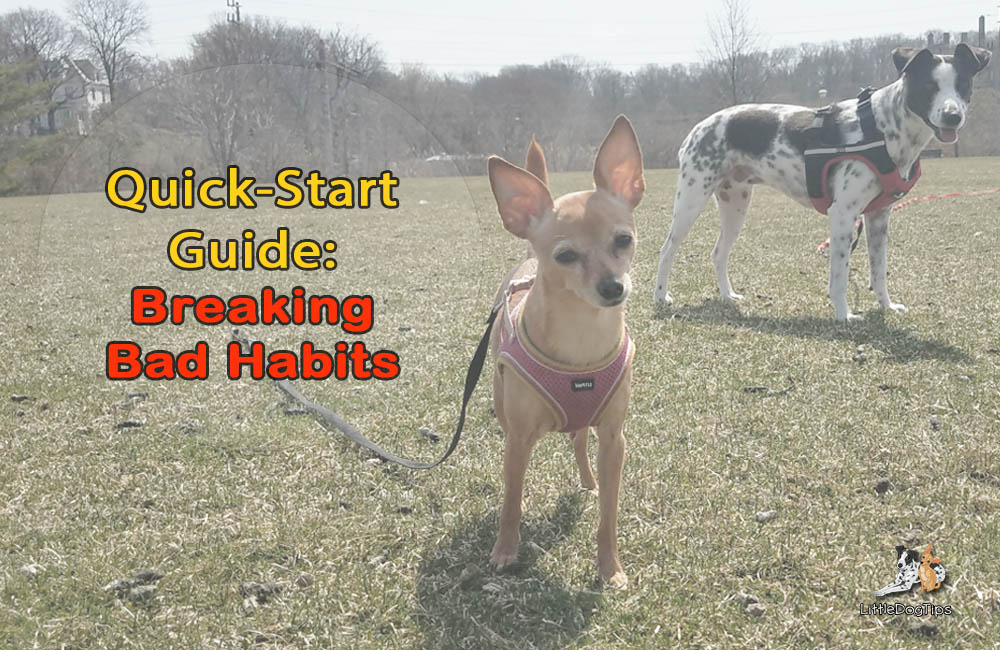
[ad_1]
Does your dog bark up a storm, chew up your furniture, or run out into the street?
Bad habits can range from mildly annoying to seriously dangerous.
No matter how much we love our dogs, they’re going to challenge us at times. Dogs can be frustrating and come off as stubborn. They can make us want to snap and lose our temper.
What is “Positive Training”?
Positive dog training revolves around the concept of using positive reinforcement (rewards, like treats and praise) to motivate our dogs to do the right thing, as opposed to punishing them for doing the “wrong” thing.
Dog trainers, behaviorists, and dog training associations vary greatly in their views and techniques, even those that all identify as “positive.” They might use terms like LIMA (least intrusive, minimally aversive), reward-based, behavioral science-based, and you may have heard of terms like counter-conditioning and desensitization.
As a whole, the goal of the positive training movement is to minimize the use of force, fear, and pain to direct our dogs.
That doesn’t mean that anyone – including me – is perfect, never loses their patience, and never allows their dog to encounter negative consequences of any kind. And it doesn’t necessarily mean that we’re should be permissive or let our dogs do whatever they’d like.
For the regular dog parent who just wants their dog to learn their manners, and maybe learn a few tricks – the semantics aren’t vitally important.
I personally prefer to avoid the use of techniques and tools that rely on fear or pain to work. These include – “shakers,” or a can full of pennies that one would shake to startle their dog – electric stimulation or shock collars, electric fences, shouting, spanking, prong collars, choke chains, alpha rolling/pinning, hanging a dog by their collar like a noose (yes, certain famous trainers really do that)… to name a few examples.
I do not expect to change anyone who chooses to use any of the above tools or techniques, just here to help those willing to learn. I personally feel this way because aversive techniques have been shown both in anecdotal cases as well as research studies to cause or worsen anxiety and aggression, are not more effective than reward-based training techniques, and can cause serious physical injury to dogs.
We have better options!
Dogs are resilient. The real benefit of reward-based training that nobody talks about – how much we benefit when we go from focusing on stressful behaviors to punish… to looking for the best in our dogs and focusing on how we can see more of it.
Ways To Modify Bad Habits and Unwanted Behavior
Before we can modify a behavior, we have to determine what’s causing it.
Dogs repeat actions that create a desired outcome. They do things that we don’t like because they’re being rewarded in some way. Often, we can change behaviors when we teach an alternative behavior with a comparable reward.
For example, if your dog chases squirrels, the rush of adrenaline, and possibly the excitement of catching a critter is a reward so powerful that you’ll be unlikely to change their behavior by waving around a treat and asking her to sit.
By understanding what’s going on in your dog’s head, you can remove the personal element of it – “oh no, my dog is disobeying me!” and change the situation to create new, healthy habits that are naturally rewarding.
This can mean relieving stress through playtime, using treats and other forms of positive reinforcement, or setting boundaries with crate training (your dog’s own personal happy place.)
Ignoring your dog while they’re doing something undesirable rarely works.
Training becomes highly effective and stress-free with positive changes that will make both you and your dog happy.
Read on to Learn…
How to Get Your Dog’s Attention – even outside.
Understand what it means to have a reactive dog, and what you can do about it.
Learn what it means when your dog barks at nothing and how to deal with excessive barking.
Get your puppy to chew their toys, rather than everything you own.
Teach your dog to come reliably when called, even around distractions.
Get your dog to stop pulling on the leash and have peaceful, relaxing walks.
[ad_2]
Source link

